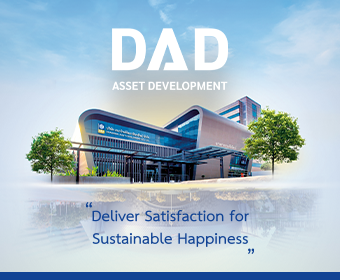TELUS Health released its TELUS Mental Health Index with reports examining the mental health of employed people in Singapore, Australia, New Zealand, the United Kingdom, the United States, Canada and Europe. The Singapore report reveals that the country’s workforce faces a growing mental health crisis, threatening both productivity and physical health. The Index also reveals sharp declines in mental health scores reversing two years of modest but steady improvement.
“As anxiety and isolation intensify, we also see financial insecurity across Singapore, all of which is impacting mental, physical and financial health. This challenge also presents a powerful opportunity for employers. By prioritising comprehensive well-being programmes and creating a supportive workplace culture, businesses can make a tangible difference in their employees’ overall well-being. This holistic approach, which includes financial education and support, can alleviate stress, improve financial decision-making, and ultimately drive higher productivity and stronger organisational resilience,” said Haider Amir, director, Asia at TELUS Health.
The TELUS Mental Health Index also found:
- Nearly one-third of workers now score 50 or below on the mental health scale, indicating a concerning national trend.
- Workers without emergency savings are over three times more likely to report anxiety or depression diagnoses.
- Anxiety and depression are three times higher in younger age groups compared to their seniors.
- The Public Administration and Defence sectors show the lowest mental health scores in Singapore, dropping over six points.
- Highly motivated workers lose 54.2 productive days annually, compared to 75.4 days for those less interested in improving their well-being.
- Poor employer support for mental well-being nearly doubles productivity losses: 79.1 lost workdays in productivity lost annually versus 36.7 for those with excellent support.
“With low mental health scores nationwide, it’s essential to understand the significant impact on productivity. A workforce that isn’t thriving can’t drive a business to its full potential. As employees increasingly look to their employers for comprehensive support—whether financial, physical, or mental—all of which are essential to their overall well-being, employers have a strong opportunity to make a positive impact by leveraging this interest and providing strong programmes,” said Paula Allen, global leader, Research & Client Insights, TELUS Health. ”
In September 2024, the mental health scores of workers in various regions were:
- Singapore: 61.6
- Australia: 61.1
- New Zealand: 59.7
- United Kingdom: 64.6
- Europe: 61.6
- United States: 70.6
- Canada: 64.4
The TELUS Mental Health Index is based on a response scoring system that turns individual responses into point values. Higher point values are associated with better mental health and less mental health risk. Scores between 0 to 49 correspond with distress levels, scores between 50 to 79 correspond with strain levels and scores between 80 to 100 correspond with optimal levels of mental health.
The post Singapore’s employees struggle with mental health, impacting work and physical health appeared first on HR ASIA.

















